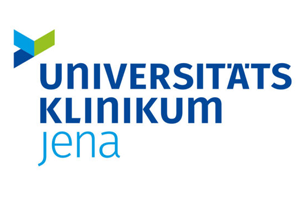THIS WEBSITE USES COOKIES
We use cookies to personalise content, to provide social media features, and to analyse our traffic. By choosing 'allow all cookies', you consent to our cookies.
To find out more, read our privacy policy and cookie policy.
University Hospital Jena (UKJ), Faculty of Medicine, Germany

DC7 supervisor
Florian is a tenure-track Juniorprofessor at the Jena University Hospital, Germany, where he leads a team dedicated to the advancement of mass spectrometry-based omics technologies. Their mission is to translate molecular signatures into actionable clinical insights. The integration of ion mobility spectrometry has become key in their laboratory to enhance the efficiency and accuracy of omics analyses. Florian accepted his current position after a short post-doctoral period at the Max Planck Institute of Biochemistry. He received his Ph.D. in Biochemistry from the Ludwig-Maximilian University Munich in 2018 for his research on mass spectrometry data acquisition methods under the supervision of Prof. Matthias Mann. His contributions were recognized with the MPIB Junior Scientist’s Publication Award and with the Wolfgang Paul Study Award of the German Mass Spectrometry Society.
“The MobiliTraIN consortium aims to fundamentally advance our understanding of ion mobility. We envision that this will enable us to fully leverage ion mobility information for the analysis of complex biological samples.”